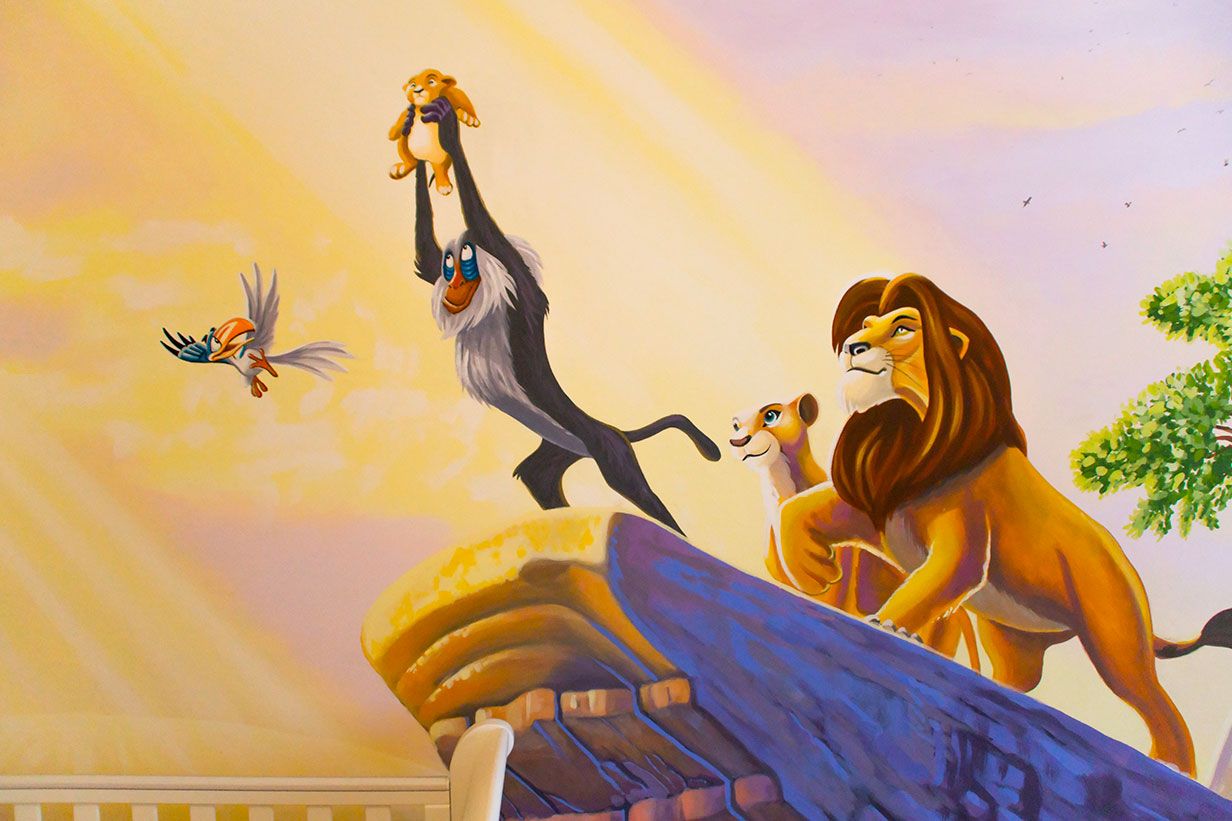The Lion King ‘Simba’ Syndrome
With the release of Disney’s classic, the Lion King, our captive lion cubs are going to suffer even more than usual. Why I am saying this? Because of the ‘Simba’ syndrome. The film will ‘inspire’ masses of people to hold a real lion cub the way Simba was held by Rafiki, when he was presented to the kingdom.

Every year, hundreds of lion cubs in South Africa are condemned to a life of imprisonment in one of our 300+ captive wildlife facilities. They are ripped away from their mothers within days of birth to be hand-reared by humans, often involving paying international volunteers.
Their lifecycle is completely ruled by the optimisation of their economic value from cradle to grave. However, this story is about the distressing start of a lion cub’s life in captivity.
Many of these cubs have never known the sound, touch, warmth and love of their mother. They may have had some of their mother’s milk in the first few days of their life, but subsequently they are raised on a milk formula that ill-equips them for infections.
Taking cubs away from their mothers within hours to days of birth can severely compromise their immune system. Away from the public eye, many cubs catch viruses and bacterial infections and become seriously ill. Vets are expensive and plenty of breeders refuse to spend money on their animals’ health. The death toll of cubs in captivity is therefore high.

Those that survive the crucial first three months seek protection from us humans. We have become their surrogate mothers and in the process they lose their natural fear for people.
At often not more than a few weeks old, so young that they are still somewhat wobbly on their feet, these cubs are introduced to petting enclosures. Here, toddlers, kids, teenagers and adults are encouraged to pet, hold, kiss, play and cuddle these cubs for up to 8 hours a day. This habituates them further to people.
It also exhausts them. In nature, cubs sleep most of the day, but here they are kept awake for our entertainment. So, we can have that perfect selfie with a cute baby lion.

Many facilities will claim that their cubs were rejected by their mother, or the mother ran out of milk, or even that the cubs were orphaned. Some insist that cubs are better off to be hand-reared. All blatant lies.
Cubs will stay in these petting enclosures until they are about six months old. At this point they become too boisterous for petting and need to be replaced with the next batch of tiny cubs, and the next, and the next.
This obviously perpetuates the captive breeding of lions, which will not stop until we can put an end to cub petting.

It breaks my heart to see the miserable lives these kings and queens of the jungle are born into. The suffering they are put through every single day of their lives until the end is determined by their owner.
Suffering for what?
For self-gratification on Facebook.
For click bait on Instagram.
To show off on SnapChat.

I beg every single one of you to think VERY carefully before you pet a lion cub, or any other wild animal for that matter, as you will be part of the problem.
You will contribute to their suffering.
You will perpetuate the captive breeding of lions.
You will have that lion cub’s life on your conscience.
Go and enjoy the Lion King, I certainly will. Teach your kids about our amazing natural heritage, where these lions belong, but don’t support the captive breeding and suffering of these magnificent creatures.




Pingback: Lion King is here. But is it a stolen concept? - Going Somewhere Slowly
It’s not right or ok in any means that they are taken away from their mothers! God made these beautiful creatures for us to admire from a far not too steal their babies or take their life for money for their fur or their teeth, ivory…. So I know this is wrong and I don’t condone this in anyway. Their should be a big law on this as well as punishment
All lions should be left in a safe place in the wild
Pingback: The Lion King 'Simba' Syndrome | Zoo College
Please help protect the lions 🦁 of our world by not handling, trying to purchase them, separating them from their mothers, let experts guide you in their needs. Watch them in their natural habitat on a safari BUT PLEASE DON’T TOUCH, ENTICE, ANNIY, TEASE, TORMENT OR HARM THEM IN ANY WAY. Thank you from the wild lions 🦁❤️🦁❤️🦁
Pingback: Tierschützer warnen vorm Kuscheln mit Löwen in Südafrika - Discovernauts Reisenachrichten Portal
Weather it be sea world with whales and dolphins, pictures taken with monkeys (who have their teeth shaped off with pliers), bears made to dance on hot plates, as part of their conditioning, elephants walked with bull hooks. Or lions an tigers drugged, so their docile enough to have your picture taken with them please people engage some empathy and thought, when you see this money making scenario, however it is presented to you 😕
Pingback: The Lion King ‘Simba’ Syndrome – Blood Lions